
History of presidential election in Nepal
Nepal got its first president through the voting on 19 July 2008 after the country adopted the democratic republican system through the 2062/63 movements. Ram Baran Yadav was elected first president of the country.
As per the then constitution which provisioned the presidential poll, the then Constituent Assembly (CA) had a total of 594 members who were considered eligible voters for the election. In the poll, 578 voters cast their vote as some political parties stayed away.
Yadav from the Nepali Congress got 283 votes against 270 garnered by Ram Raja Prasad Singh from the then UCPN (Maoist).
Reelection took place on 21 July 2008 after none of the candidates got majority votes. In the reelection, Yadav won with a majority 308 votes while his closest rival Singh 282.
The then interim constitution had provisioned election of president through the CA through a political consensus. In case of lack of political consensus, an election would take place, and a candidate who gets majority votes would be elected.
Bidya Devi Bhandari is now serving as the second and current president of the country. This is her second term in the Office of President. For her first term, she was elected on 28 October 2015.
The new constitution that was passed in 2072 BS has as per federalism provisioned the 334-member Federal Parliament (the House of Representatives and the National Assembly) and the 550-member Province Assembly. The members of the Federal Parliament and the Province Assemblies are eligible voters for the presidential election.
Bhandari secured 327 votes against 214 votes garnered by her nearest rival Kul Bahadur Gurung from the Nepali Congress.
The then ruling UML, the then UCPN (Maoist), Rastriya Prajatantra Party-Nepal, ML, and Madhesi Janadhikar Forum Loktantrik among other parties supported Bhandari.
Out of the total 597 voters, 549 took part in the voting, and 48 remained absent. Eight voters were invalid. The Electoral College comprising the members of the Federal Parliament and Province Assemblies voted in the poll.
She was reelected President on 13 March 2018. Of the total 884 eligible voters, 862 votes (326 under the Federal Parliament and 536 under the Province Assembly) were cast. Eight votes were invalid.
Out of the total 52,501 weighted votes, Bhandari got a majority 39,275 while her nearest rival Kumari Laxmi Rai from the Nepali Congress 11,730. Bhandari was backed by the left alliance—the UML and the CPN (Maoist Centre). The alliance had a comfortable majority in the Federal Parliament and Province Assemblies.
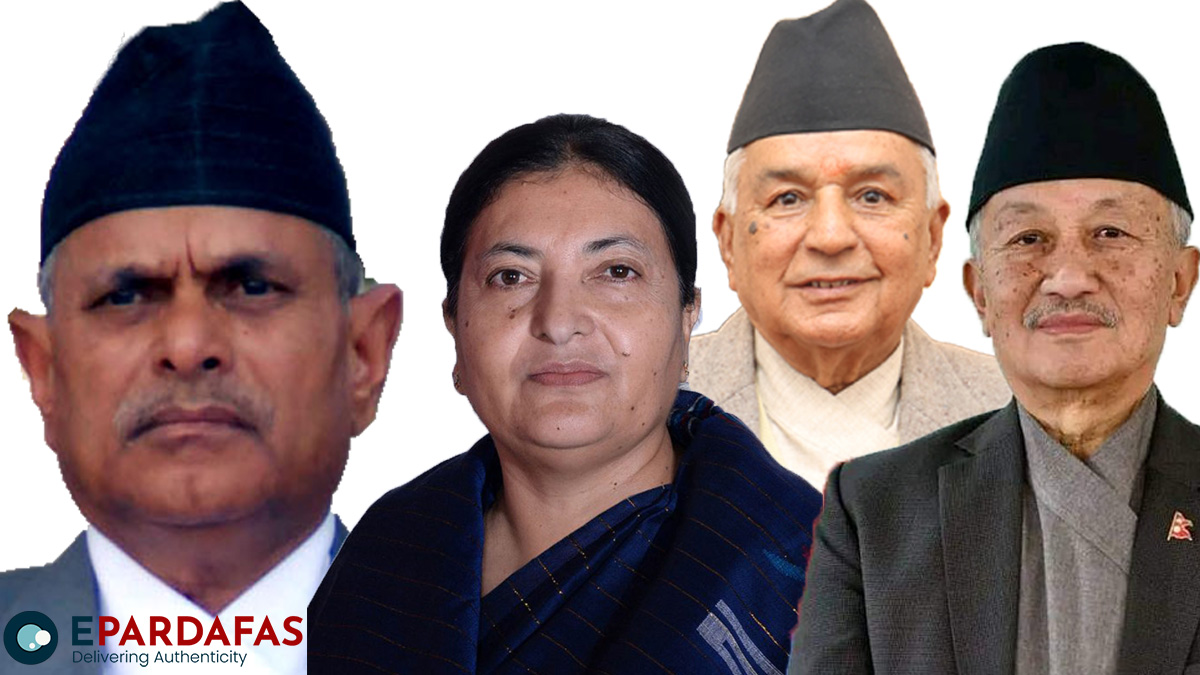
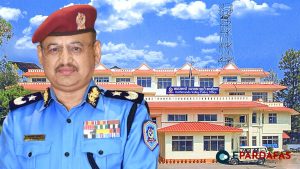
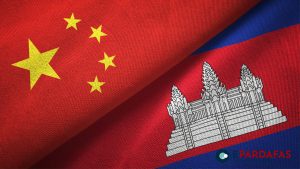
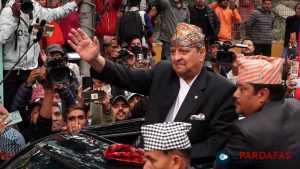
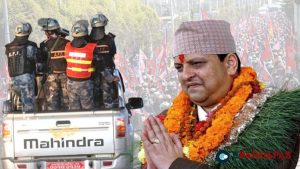

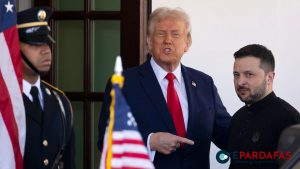
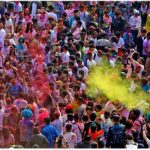
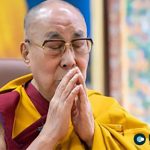



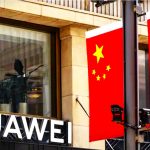
Comments